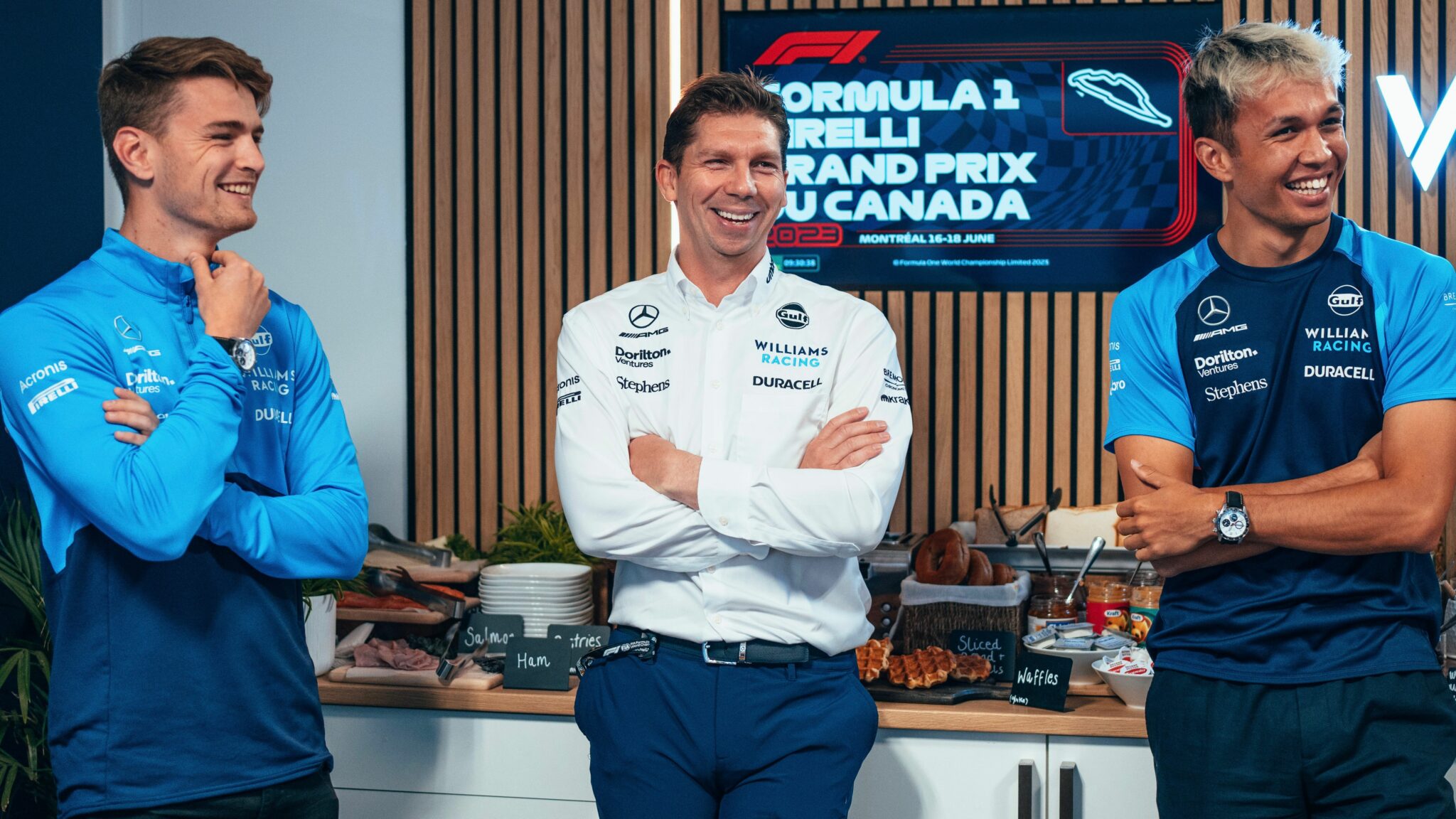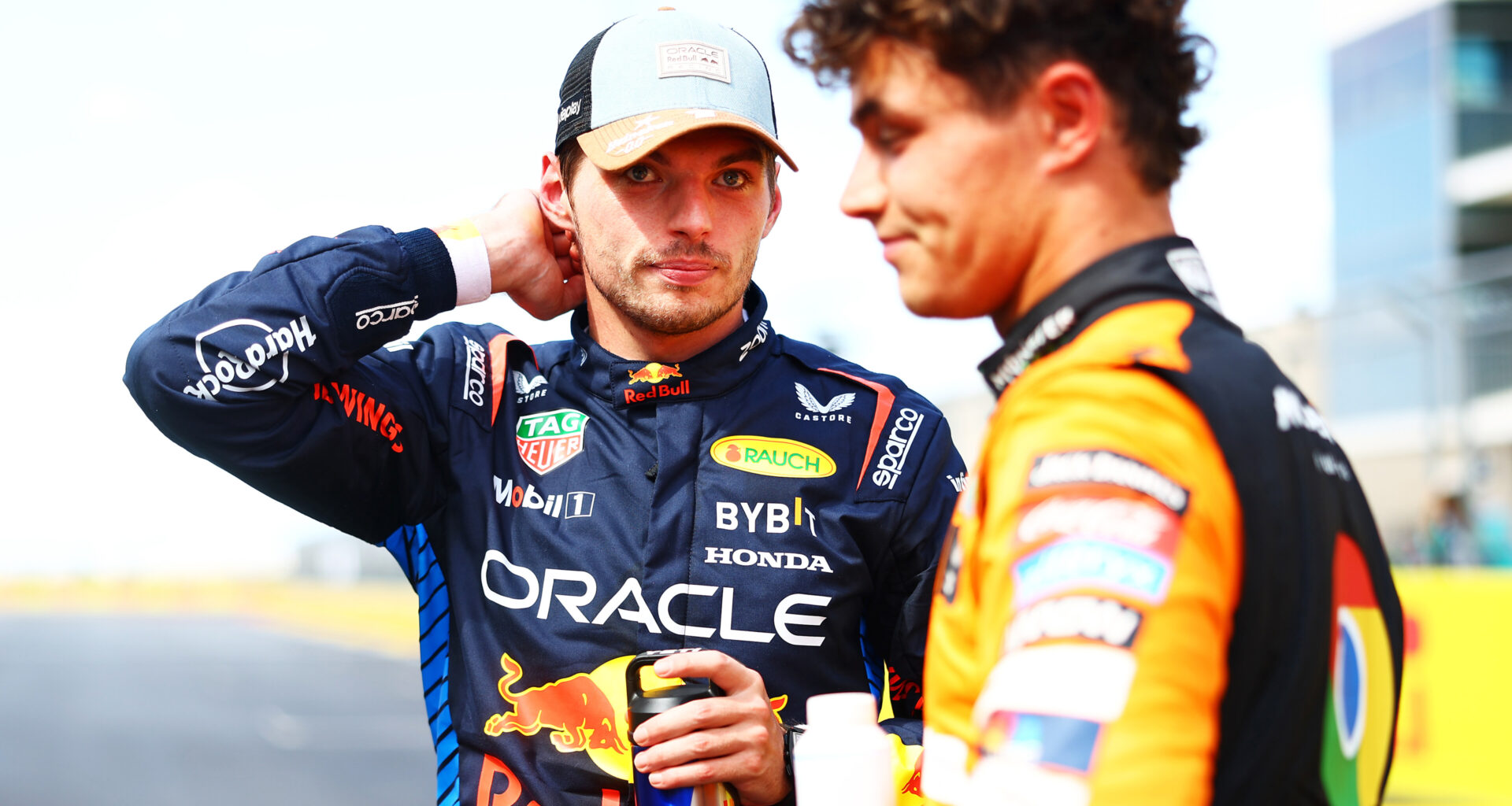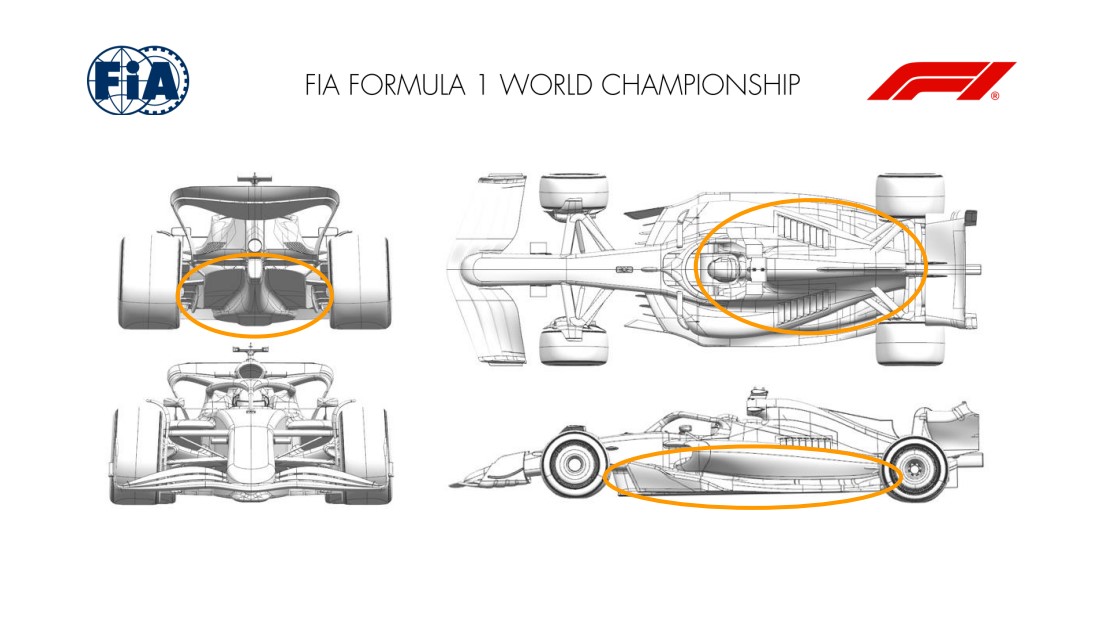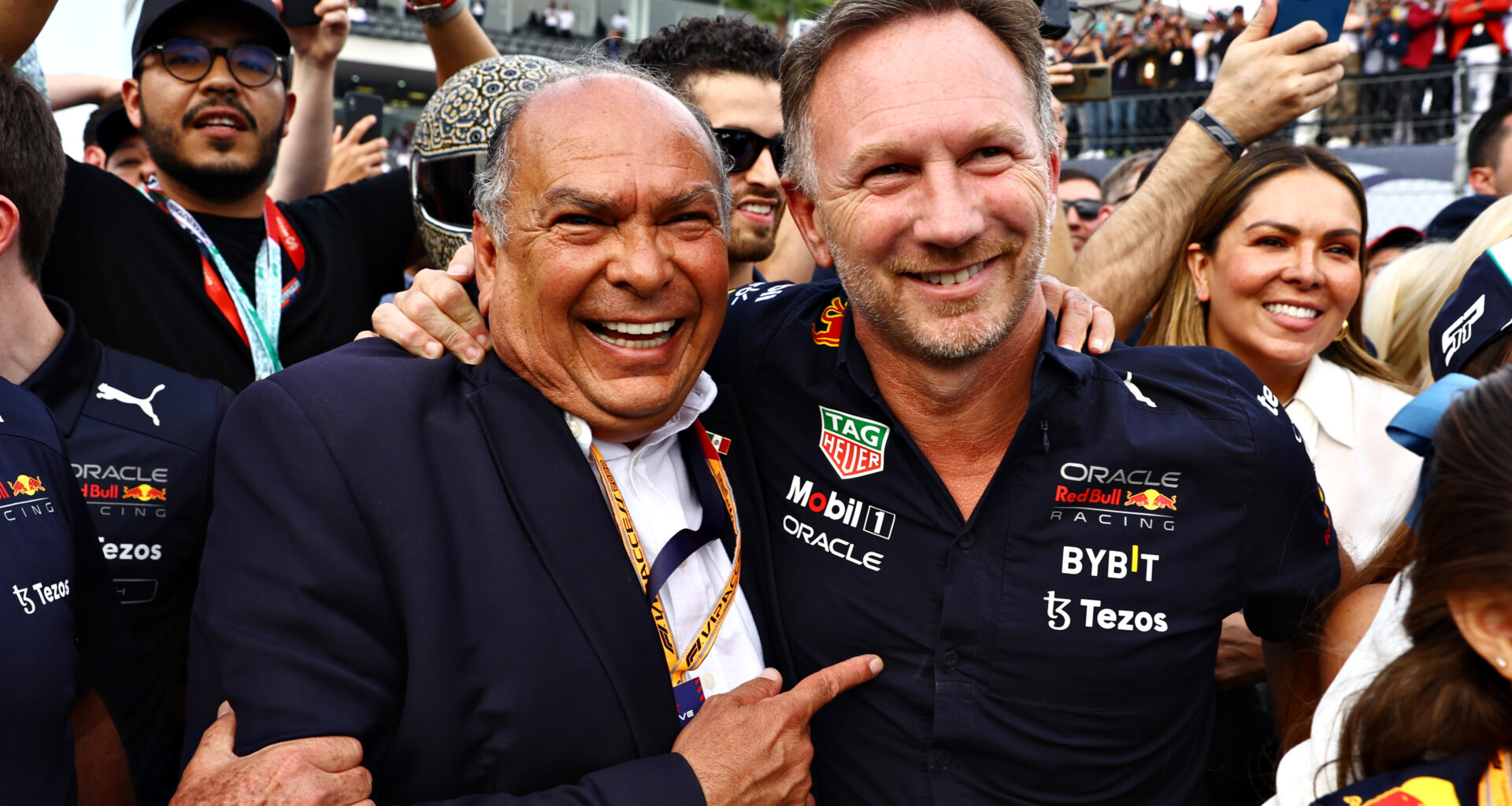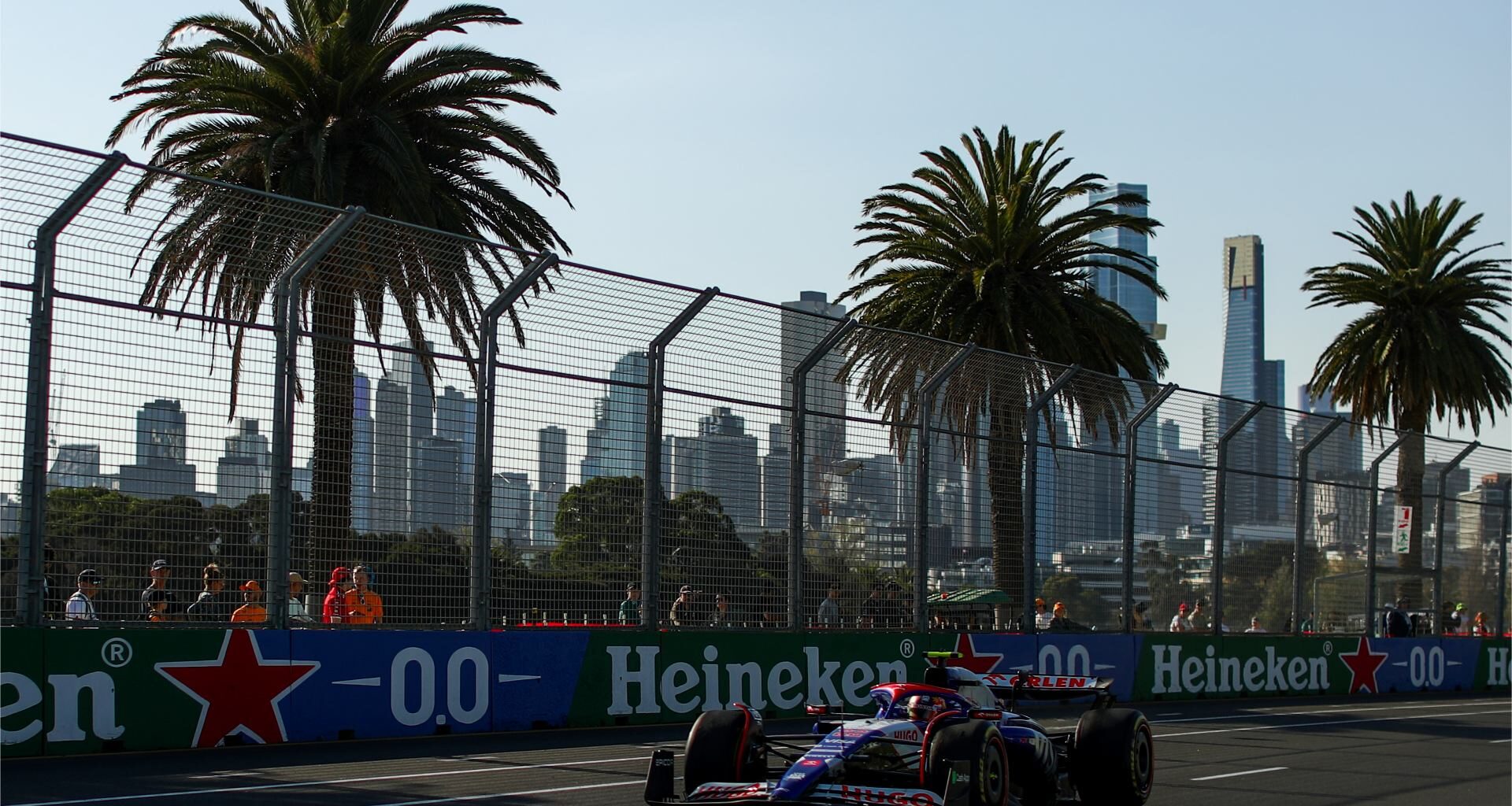Mercedes strategist, James Vowles, has stated that setting precise long-term goals in Formula 1, like Alpine has done, doesn’t make sense. According to him, looking too far into the future is moving towards the unknown.
Vowles believes that setting a goal and saying that in five years they will be third doesn’t make sense. He thinks it’s more important to show that there are structures and systems in place that will lead them there over time.
In an interview with Motorsport, Vowles said, “If you look more than three years into the future, it’s going into the unknown. Setting a goal and saying that in five years we’ll be third is honestly not the right direction because it’s something that doesn’t really make sense.”
The importance of a progressive approach
Vowles emphasizes that F1 is a sport that changes very quickly, and the teams that are successful are often the ones that can adapt the fastest. He believes that setting smaller, more achievable goals and building upon them is a better approach.
According to Vowles, it’s important to have a progressive approach and focus on building the right systems and structures that will help the team succeed over time. He says that Alpine’s approach of setting a long-term goal may not be the best way to achieve success in the sport.
Vowles added, “The key thing is to have the right systems and structures in place that allow you to progress. It’s not about hitting a target in five years’ time. It’s about showing that you’ve got the right building blocks to achieve success over time.”
🔴 James Vowles affirme que se fixer des objectifs précis à long terme en #F1, comme peut le faire Alpine, n'a "pas de sens".
— Off Track (@OffTrack_FR) August 21, 2023
💬 "Si vous regardez plus de trois ans dans le futur, c'est aller vers l'inconnu. Se fixer un objectif et dire que dans cinq ans nous serons troisième… pic.twitter.com/SYOrPg6YbV
The unpredictable nature of F1
Vowles also points out that F1 is a sport that is inherently unpredictable, and setting long-term goals can be risky. He believes that teams that are able to adapt quickly and respond to changing circumstances are the ones that will ultimately be successful in the sport.
According to Vowles, it’s important to have a flexible approach and be able to adjust goals as necessary. He says that while it’s important to have a vision for the future, it’s equally important to be able to adapt that vision as circumstances change.
In conclusion, while setting long-term goals may seem like a good idea, Vowles believes that it’s more important to have a progressive approach and focus on building the right systems and structures that will help the team succeed over time. As F1 is a sport that changes quickly, teams that are able to adapt quickly and respond to changing circumstances are the ones that will ultimately be successful.
